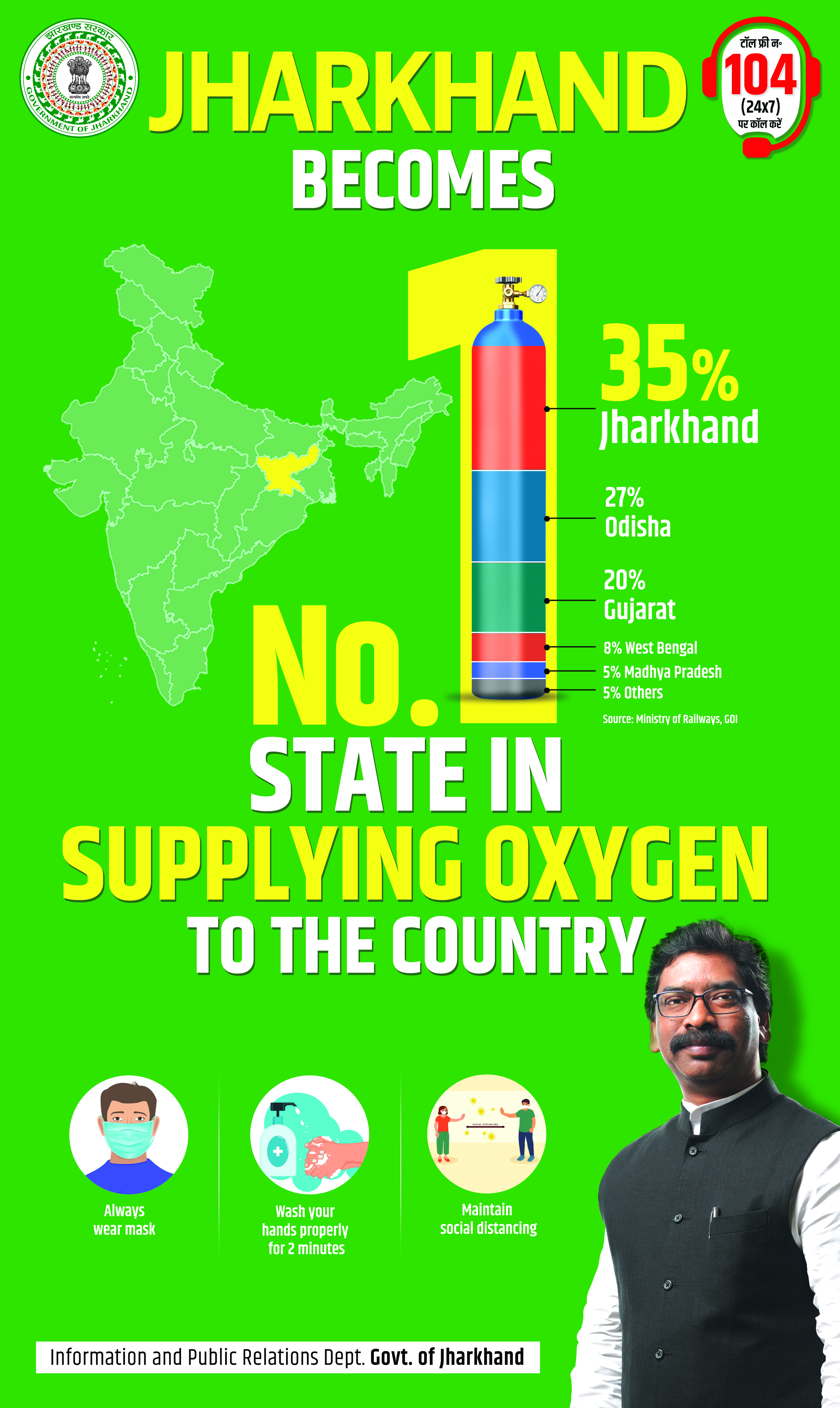
The COVID-19 pandemic has yet again kept us in a lockdown since mid-April. This has had a huge impact on every aspect of our lives, from confinement indoors to closed schools, offices, and marketplace.
Needless to say,it has been a challenging time, both physically and psychologically. In a society that thrives on shared experiences, festivities and togetherness such as ours, the lockdown has not been easy to observe causing many additional illnesses.
Children have especially had difficulties in coping with a sense of insecurity, staying away from friends, not being able to play outdoors and in many cases, being vulnerable to violence, abuse, hunger and sickness. It is also observed in the second phase of this pandemic that children are also getting infected but mildly.
SAFE HYGIENE PRACTICES WILL PROTECT YOUR LOVED ONES
This second wave of the pandemic has left its impact on our minds and our habits too. We know well enough that physical distancing and regular handwashing with soap and the practice of respiratory hygiene is the only way to break the chain of infection, but we must continue to remind everyone around us to practice this.
We have had many festivals in the past months – Holi, Good Friday, Navratri. And we have Eid coming up this week. I want everybody to celebrate Eid, but please do not fall ill. I appeal to you all to say the Namaaz and the prayer at home this Eid like you did previously. Last year, everybody followed Covid appropriate behaviour and saved their loved ones from getting infected. This year also I urge you to do the same.
VACCINES ARE SAFE
I also urge you to get yourselves vaccinated. The vaccination for people over 18 has opened and will start in Jharkhand from 14 May onwards. Please register yourself and your family members for this. If you know old people who are unable to register or don’t have a smartphone or a computer, please help them in registering online. These vaccines are safe and are being used on approval of the Government of India.
LET US ACT RESPONSIBLY
I must stress again that we must continue with the precautions that we have observed since last year. We must avoid public places unless absolutely necessary. We must continue with limited movement for groceries and buy for a longer duration.
Grocery visits to the markets must be planned in a manner where crowding can be avoided by maintaining a distance of 6 feet with others. We must continue to wear face masks and if we rejoin our offices, we must ensure that appropriate distances are maintained, and Government guidelines are followed.
Practices like spitting in public must be discouraged. The guidelines by World Health Organization clearly state the role played by handwashing with soap, cleaning hands with sanitizer, maintaining social distancing norms and wearing masks in protecting us from contracting the disease. While infections continue to be reported every day, it is a fact that these healthy practices and the vaccine will prevent an even faster spread of COVID-19. And these safe hygienic practices are good to be adopted in the long run.
If everyone follows the guidelines and do the needful as responsible citizens, then we can help tackle this pandemic and reduce the burden on our healthcare workers, the police as well as the Government authorities.
BREAK THE STIGMA
Another important thing I want to address is social stigma. A crisis such as this pandemic, breeds fear, anxiety and negativity. Often these feelings manifest in the form of discrimination and disrespect against people of certain communities, geographies, migrant workers and even against health workers, essential service providers and volunteers who are society’s true heroes at this time.
We must remember that COVID-19 does not differentiate between who it infects. Discrimination and violence are unacceptable on grounds of identity, and especially against the same health workers who are the ones risking their lives to keep us safe.
It is critical that we are supportive and protective of the people who are infected. Even more so, let us respect and support the doctors, nurses, sanitation workers as well as social volunteers who are treating, feeding and helping people at great risk to themselves. When we protect ourselves, we make their jobs easier. We must help the needy. Charity is an important pillar of Islam and at this time of emergency, we must help those on need.
EID MUBARAK!
I know that visits to friends and family and visits to the mosque and other public places, are normally part of the festivities. But with the rising cases and stay at home restrictions in place, there's no doubt that this year's celebrations will be a little duller than normal. But that doesn't rule out the possibility of keeping the festival spirit in our hearts. You may not be able to visit your friends and family this Eid, but that doesn't mean the celebrations should be ruined. You can connect with your family and friends virtually, host virtual events and dress up at home.
Note: The view is expressed by the author who is the Chief of UNICEF Jharkhand Field Office
